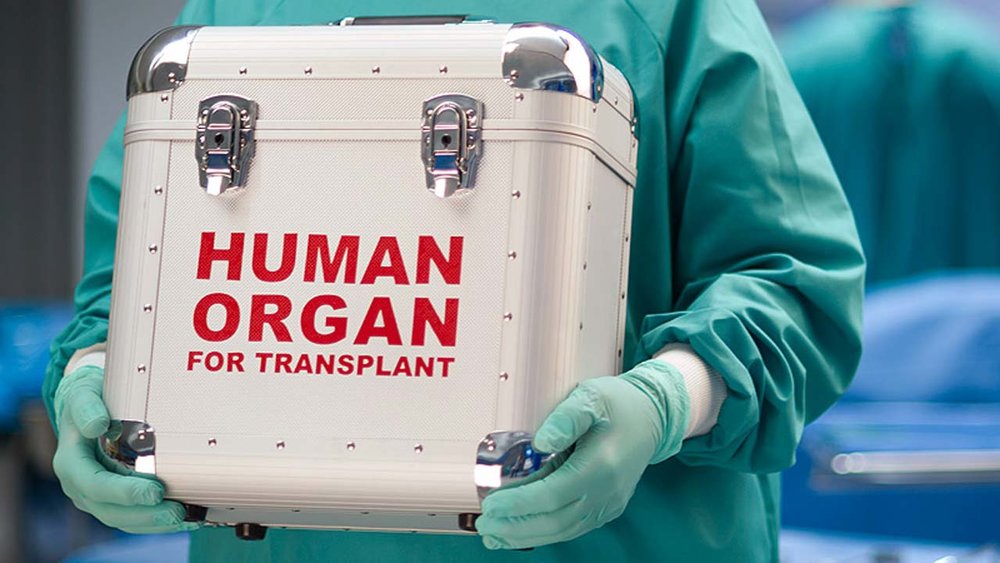Organ recipients need financial, social assistance, says cardiologist

TEHRAN — Organ recipients need social and financial assistance from the government, and if not some might lose their lives due to economic hardships of affording medications, cardiologist Babak Sharif-Kashani has said.
Every year, from 75 to 100 people receive heart transplant in the country, Fars news agency quoted Sharif-Kashani as saying on Saturday.
People who need heart transplant can also receive artificial heart, but as the surgery is too expensive many of the patients cannot afford it.
According to Science Daily, artificial heart is a prosthetic device that is implanted into the body to replace the original biological heart. It is different from a cardiac pump, which is an external device used to provide the functions of both the heart and the lungs. Thus, the cardiac pump does not need to be connected to both blood circuits. Also, a cardiac pump is only suitable for use not longer than a few hours, while for the artificial heart the current record is 17 months.
People receiving an organ need to continue to work closely with their transplant team and take all of their medications, however, some might stop using their drugs as things might get difficult financially, he regretted.
Unfortunately some might even lose their lives as they might not continue their treatment and that’s’ why the government should offer financial and social assistance to these people, Sharif-Kashani added.
Another challenge organ recipients normally face is finding a job as employers prefer to recruit people who are healthy and that’s what doubles the financial distress for such patients, he lamented.
Elsewhere in his remarks, Sharif-Kashani said that nowadays brain deaths have grown in numbers due to the increasing rate of road accidents and strokes and medicine has made it possible for many to receive organ transplant from brain dead patients, but unfortunately many families are reluctant to donate their loved ones organs and many waiting on the lists to receive an organ lose their lives.
Everybody can receive a donor card to improve the culture of organ donation and that even makes it easier for the families to decide whether to donate their loved ones’ organs or not, he concluded.
In August, Omid Qobadi, deputy director for the Iranian Society of Organ Donation, said that while only 300 organ donor cards have been issued per day on average in the country over the past years, the number has now increased to 14,000 and currently, some 5 million Iranians hold organ donor cards.
Some 5,000 people die of brain death annually in Iran, he said, lamenting that out of 3,000 brain deaths reported last year being qualified to be organ donors, only 926 donated their organs.
Also in May, the Masih Daneshvari hospital’s manager Ali Akbar Velayati said that some 10,000 people are waiting in transplant lists and every day some 10 people waiting for an organ lose their lives.
How to manage your health after an organ transplant
According to WebMD website, after an organ transplant, most patients quickly feel better. They go on to enjoy a significantly improved quality of life, but they are also likely to face big health challenges.
After an organ transplant, one will need to take immunosuppressant (anti-rejection) drugs. These drugs help prevent the immune system from attacking ("rejecting") the donor organ. Typically, they must be taken for the lifetime of your transplanted organ.
Keeping all doctor appointments, undergoing every recommended lab test, and take all the prescription drugs are vital for the organ recipients.
Although rejection is a scary word, it doesn't necessarily mean that the recipient will lose their donor organ. Most of the time, a rejection can be reversed if the doctor detects its early signs.
The symptoms of rejection -- and the medical tests used to detect rejection -- vary by the type of the organ transplant. So, it's important to familiarize with the early symptoms of rejection that are specific to each transplant. If the doctor identifies a rejection, he or she will first try to reverse it by adjusting the medications.
MQ/MG
Leave a Comment